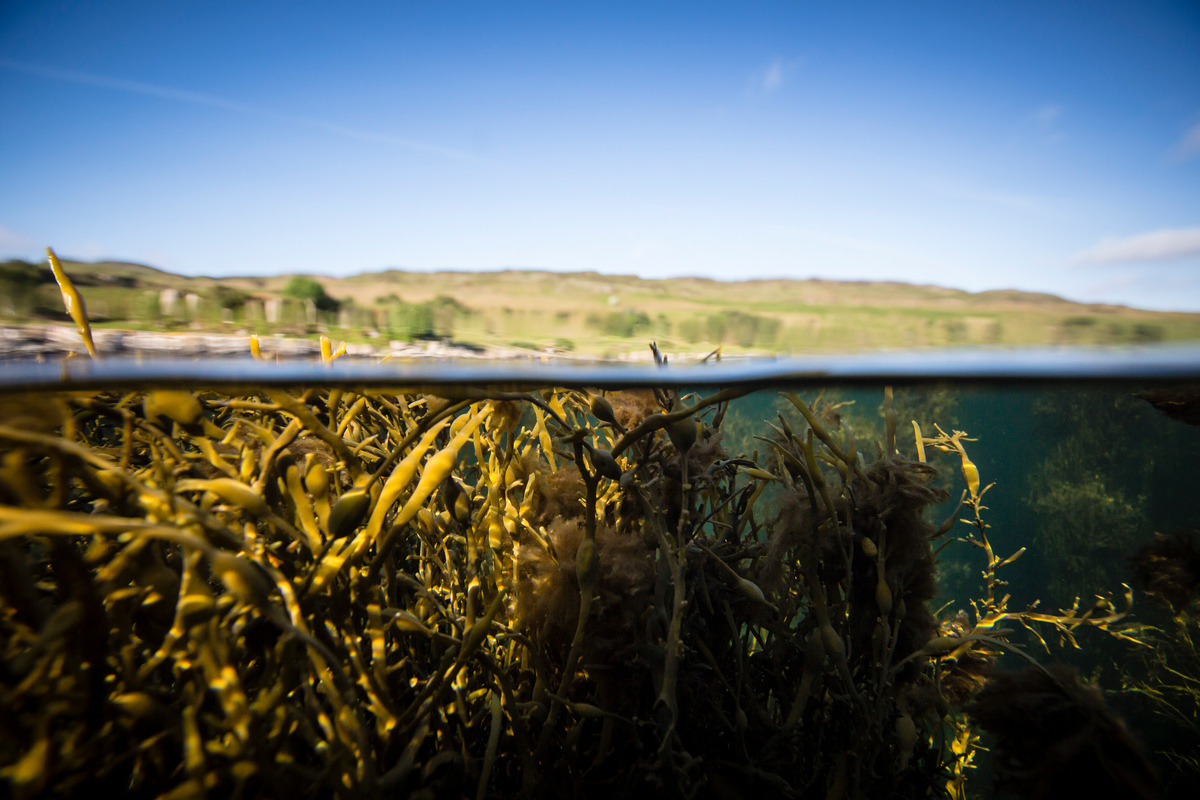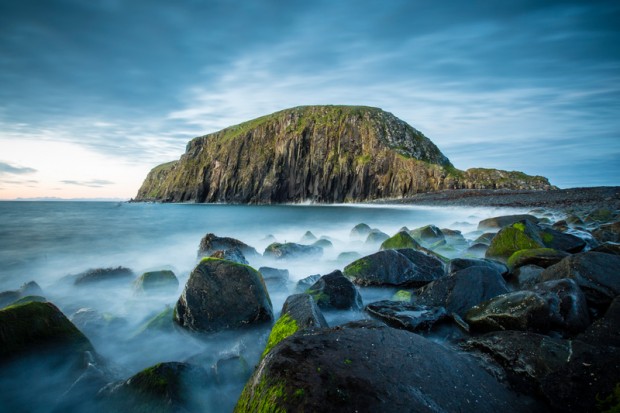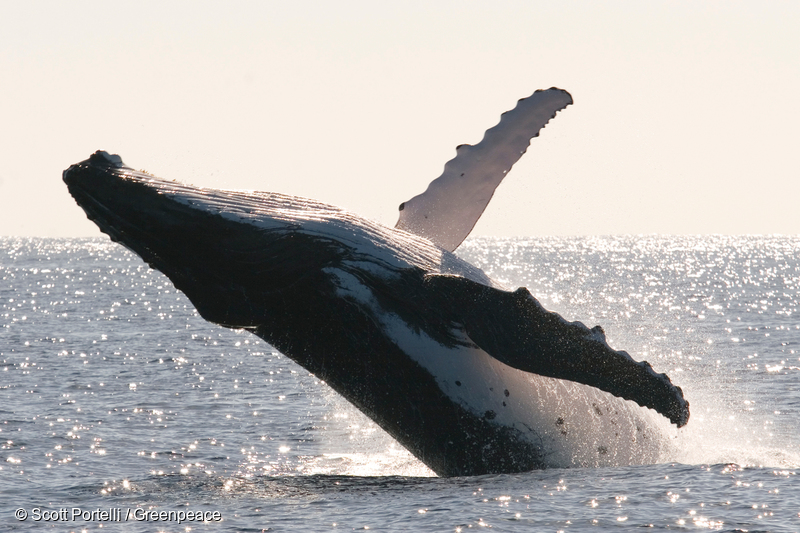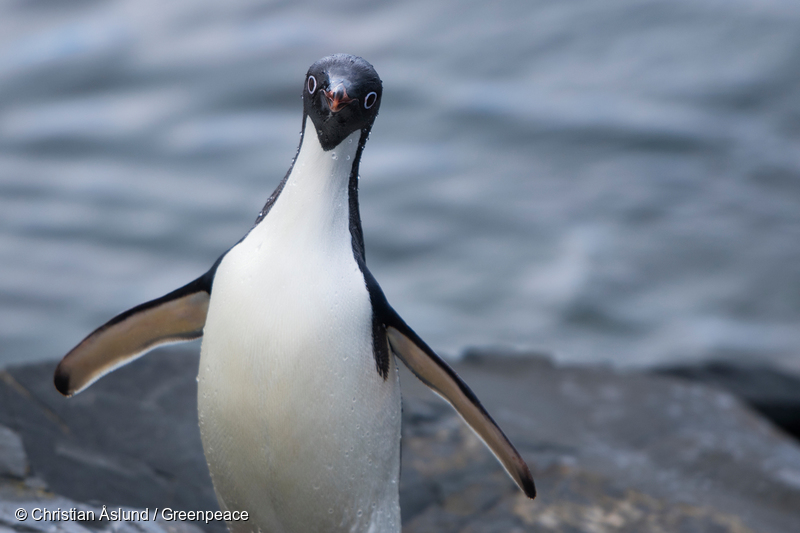Why it’s a good idea to protect our underwater kelp forests

The Scottish Government has just announced it will block controversial proposals for a new industry into Scotland’s coastal waters – mechanical kelp dredging. But why do we care about kelp anyway?
Kelp is the biggest and most abundant seaweed around our coasts. It’s found in cold seas around the world, and can form massive underwater ‘forests’ which are attached to the seabed by strong root-like holdfasts. They are basically underwater trees.
Kelp is hugely important for marine life, and our lives too. Greenpeace has already added its voice opposing these plans, and there is widespread concern from all sorts of people, from coastal fishermen to scientists, as well as conservation and environment groups, local businesses, and even David Attenborough.
Last month the proposal was voted down by the parliament’s environment committee – but in a bizarre turn of events both the SNP (the governing party) and the Conservatives (the official opposition) abstained in the vote.
Kelp matters. Wrenching it out of the seabed is a very bad idea. Here are four reasons why:
The Climate – kelp forests, along with other marine plants like seagrass and mangroves, absorb massive amounts of carbon, and produce oxygen, helping the planet deal with climate change.
The Coast – kelp forests protect exposed coasts from erosion and storm surges, which are increasing challenges with global climate disruption.
The Seabed – kelp grows upwards from the seabed. Wrenching it out by dredging would cause massive damage to the seafloor, and everything that lives there – turning it into a barren wasteland as we see with other sorts of dredging. It will also disturb the seabed helping to reanimate pollutants like PCBs which are already a problem for our seas.
Marine life – kelp forests, just like forests on land, are food, shelter, nurseries, hunting grounds and general living space for all sorts of animals. They’re important for young fish to hide in, sea urchins to graze on, and otters and seals to hunt in.
Mechanically yanking entire forests of kelp from the seafloor is a very bad idea – it’s deforestation, but out of sight and under the sea. It can already be harvested sensibly and responsibly by hand, just as scallops can be hand-caught by divers. Dredging is simply not the answer. That’s why we’re delighted with the government’s decision.
Want to continue to follow the plight of kelp? Follow @savekelp and #helpkelp



